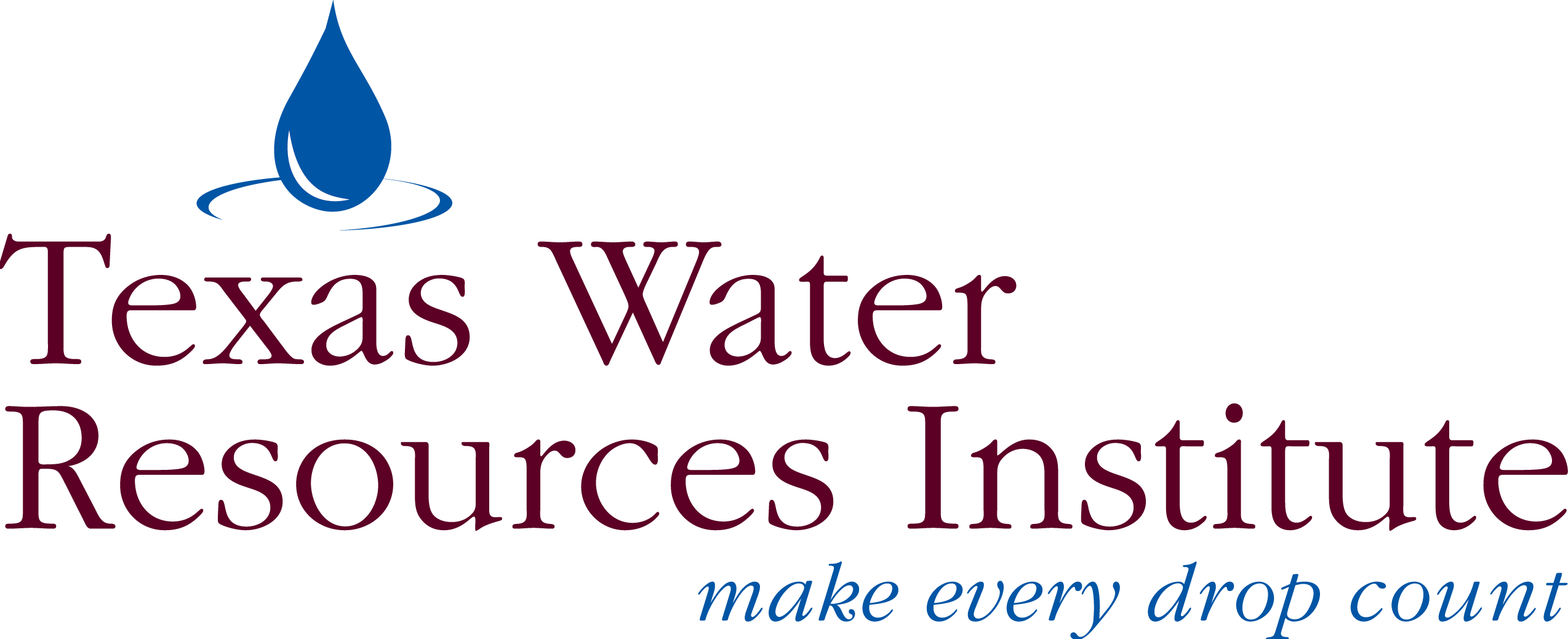Despite the critical need to treat and reuse wastewater, many water consumers are unaware of the process, according to Dr. Anish Jantrania of Texas A&M AgriLife Extension. Transforming complex wastewater science into easily applied information is his mission.
“We all agree that water is important, but people tend to shy away from it because the whole subject matter is very complex,” said Jantrania, a wastewater specialist at the Texas A&M AgriLife Research Blackland Research and Extension Center in Temple.
At the center, Jantrania is focusing on creating Extension and research programs about wastewater systems that are tailored to a variety of audiences. He teaches classes and seminars to homeowners, service providers, designers and others about on-site wastewater systems, such as septic systems, aerobic systems and decentralized wastewater systems.
Jantrania received a bachelor’s from the University of Udaipur in India, a master’s from The Ohio State University and a doctorate from Clemson University, all in agricultural engineering. He also holds a master’s in business administration from West Virginia University.
“I was interested in water from day one,” said Jantrania, who has more than 25 years of experience in wastewater treatment in various locations. He began his career in wastewater treatment in 1989 at West Virginia University, where he worked with small-scale water and wastewater systems. Throughout his career, Jantrania has focused on water reuse and on-site wastewater systems.
Currently, Jantrania travels across Texas to deliver presentations about on-site wastewater systems, but he is looking to expand the center’s educational tools. In particular, Jantrania wants to create individualized and easy-to-use online resources for the public.
“There are more than 2 million homes in Texas that are not connected to the public sewer,” he said. “All of these homeowners sometimes have questions. They are curious. They need to be reached out to. They need a place to go to.”
Specifically, Jantrania is developing a project known as Sustainable and Integrated Water Infrastructure (SIWI). The project will take a holistic approach to creating a more sustainable water infrastructure, focusing on reusing water in a way that protects public health and meets water demands, he said.Jantrania is also interested in reusing wastewater as drinking water in a safe and cost-effective way. “Right now we do a good job of cleaning up wastewater and putting it back in the environment safely, but we need to make that extra effort to bring it back into our drinking water loop.”

SIWI will also focus on putting new technologies into practice. Real-world application has not caught up with the available technology, he said. “What is needed for the next 30, 40, 50 years is here today in terms of science and technology.”
Jantrania said current water infrastructure relies too heavily on the availability of rainwater. Storing and returning recycled wastewater to the ground would help mitigate water shortages, he said.
“Conservation is always good, but you can conserve only so much,” he said. “That’s where reuse, reclamation and desalination concepts come in handy.”
Educating people and helping them with their water needs is what Jantrania said he enjoys most about his job. “I enjoy talking to people, trying to understand their problems and helping them find solutions,” he said.
Looking at the future of water issues, Jantrania is optimistic.
“I have two choices, either to get depressed and feel like ‘We’re going to have a terrible situation!’ or be positive and work toward educating people for a better future. I’m choosing the second route.”
To learn more about Jantrania’s work, see this AgriLife Today news release.



